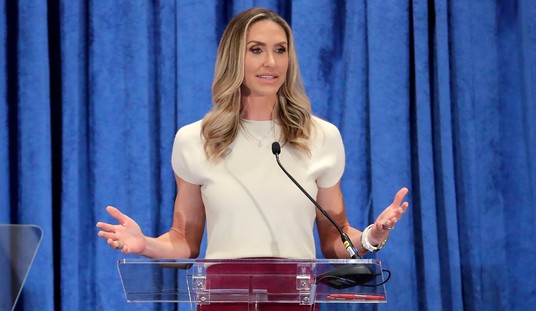The New Yorker (yes, the New Yorker!) has an interesting piece about how the college admissions process discriminates against Asians, titled The Uncomfortable Truth About Affirmative Action and Asian-Americans. The piece begins with a revealing anecdote that provides a window into the souls of admissions officers, who are obviously irritated by having to deal with large numbers of applications from qualified Asian students with great grades and test scores:
The application process for schools, fellowships, and jobs always came with a ritual: a person who had a role in choosing me—an admissions officer, an interviewer—would mention in his congratulations that I was “different” from the other Asians. When I won a scholarship that paid for part of my education, a selection panelist told me that I got it because I had moving qualities of heart and originality that Asian applicants generally lacked. Asian applicants were all so alike, and I stood out. In truth, I wasn’t much different from other Asians I knew. I was shy and reticent, played a musical instrument, spent summers drilling math, and had strict parents to whom I was dutiful. But I got the message: to be allowed through a narrow door, an Asian should cultivate not just a sense of individuality but also ways to project “Not like other Asians!”
Note that the bias against Asians is so ingrained and institutional that an admissions officer actually feels comfortable congratulating a student for being different from other members of her ethnic group. Imagine an admissions officer saying something similar to a black applicant. You can’t. And if it happened, there would be a nationwide outcry.
As the piece explains, the issue has renewed vigor thanks to recent actions by the Trump Administration:
When the New York Times reported, last week, that the Justice Department’s Civil Rights Division was internally seeking lawyers to investigate or litigate “intentional race-based discrimination in college and university admissions,” many people immediately assumed that the Trump Administration was hoping to benefit whites by assailing affirmative action. The Department soon insisted that it specifically intends to revive a 2015 complaint against Harvard filed with the Education and Justice Departments by sixty-four Asian-American groups, making the same claim as the current court case: that Harvard intentionally discriminates against Asians in admissions, giving whites an advantage. (The complaint had previously been dismissed in light of the already-pending lawsuit.) The combination of the lawsuit and the potential federal civil-rights inquiry signals that the treatment of Asians will frame the next phase of the legal debate over race-conscious admissions programs.
Just last year, the Supreme Court upheld the constitutionality of the University of Texas at Austin’s affirmative-action program, which, like Harvard’s, aims to build a diverse class along multiple dimensions and considers race as one factor in a holistic review of each applicant. Justice Kennedy, writing for the majority, approved of a university’s ability to define “intangible characteristics, like student body diversity, that are central to its identity and educational mission.” Incidentally, the phrase “intangible characteristics” echoes the sort of language that often describes the individualizing or leadership qualities that many Asian-American applicants, perceived as grinds with high test scores, are deemed to lack. The complaint against Harvard highlights the school’s history of using similar language to describe Jewish students nearly a century ago, which led to a “diversity” rationale designed to limit Jewish enrollment in favor of applicants from regions with fewer Jews, such as the Midwest. If diversity of various kinds is central to an élite school’s mission, an Asian may have to swim upstream to be admitted.
Because it’s the New Yorker — and because the author is a law professor at Harvard — she still gives the inevitable nod to the alleged need to use race in admissions.
I would not relish seeing the nation’s most élite colleges become majority Asian, which is what has resulted at selective high schools, such as Stuyvesant, that do not consider race in admissions at all. It is also extremely troubling when solely test-based admissions such as Stuyvesant’s reflect the failure to remedy structural disadvantages suffered by black and Latino students. What is needed instead, then, is race-conscious affirmative action, to address the historic discrimination and underrepresentation of blacks and Latinos, in combination with far less severity in the favoring of whites relative to Asians.
How ironic. The author spends much of the piece mounting a good argument that it is wrong to discriminate against Asians based on “intangible characteristics” — and then advocates a policy that would disadvantage qualified Asians because she would not “relish” having too many of them on campus.
Ah, well. She’s careful enough to know that taking a strong stand against the use of race in admissions at all would make her a campus pariah. People would be calling for her head in no time flat. This passage is necessary for her to make her points about discrimination against Asians without jeopardizing her job.
But it’s nice to see someone at one of these institutions raise the issue — albeit rather gingerly and timidly. The discrimination by colleges and universities against Asians because of their ethnicity is one of the great scandals of our time. It’s time we started talking about it.













Join the conversation as a VIP Member